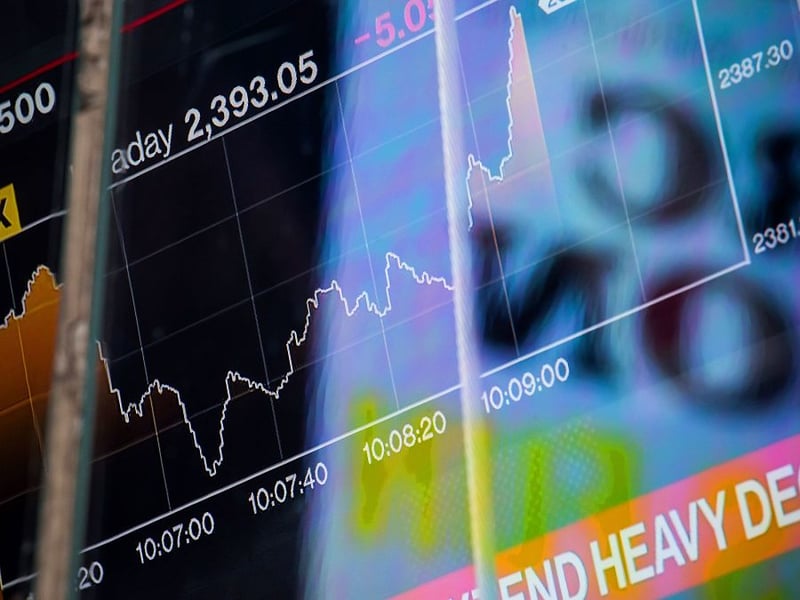

The majority of the world’s wealthiest investors are waiting for stocks to drop further before buying again, amid concerns about the pandemic’s impact on the global economy, according to a poll by UBS Global Wealth Management.
Among the surveyed investors and business owners, who had at least $1 million in investible assets or annual revenue, 61% want to see equities fall another 5% to 20% before buying, while 23% say it’s already a good time to buy. Sixteen percent say that now is not the time to load up on stocks because it’s a bear market.
High-net-worth individuals are cautious on risk assets, with 60% saying a global recession is highly likely to occur in the next 12 months, the April poll by UBS showed. Still, they remain largely positive about the long-term outlook.
Sweeping lockdowns intended to curb the novel coronavirus outbreak across major economies have shuttered businesses and sapped demand, significantly increasing the chances of a recession this year. While equities have rallied more than 20% from their March lows, they remain well below 2020 highs. Defensives have led the rebound, which is seen by some as a bearish sign, while this month’s Bank of America Corp. survey showed cash positioning at the highest level since the 9/11 terror attacks.
The share of U.S. investors who are optimistic about their own economy in the short term fell to 30% in the UBS survey, from 68% in the period through early January. By comparison, about 55% of Asian investors had a constructive outlook. The positive six-month outlook for U.S. equities also slumped the most relative to other geographies.
“While short-term investor optimism across the globe has dropped significantly, levels seem to align regionally with the pandemic cycle,” said Paula Polito, divisional vice chairman at UBS Global Wealth Management. “In Asia, where the COVID-19 crisis and mitigation occurred earlier, investors appear to be slightly more optimistic about their region’s stocks. By contrast, optimism appears lower in the U.S., which is currently experiencing an apex in the crisis.”
Almost half of the poll participants don’t plan to adjust their stock holdings, while 37% plan to invest more and only 16% are decreasing their investments.
UBS surveyed 2,928 investors and 1,180 business owners between April 1 and April 20.

Rajesh Markan earlier this year pleaded guilty to one count of criminal fraud related to his sale of fake investments to 10 clients totaling $2.9 million.

From building trust to steering through emotions and responding to client challenges, new advisors need human skills to shape the future of the advice industry.

"The outcome is correct, but it's disappointing that FINRA had ample opportunity to investigate the merits of clients' allegations in these claims, including the testimony in the three investor arbitrations with hearings," Jeff Erez, a plaintiff's attorney representing a large portion of the Stifel clients, said.

Chair also praised the passage of stablecoin legislation this week.

Maridea Wealth Management's deal in Chicago, Illinois is its first after securing a strategic investment in April.
Orion's Tom Wilson on delivering coordinated, high-touch service in a world where returns alone no longer set you apart.
Barely a decade old, registered index-linked annuities have quickly surged in popularity, thanks to their unique blend of protection and growth potential—an appealing option for investors looking to chart a steadier course through today's choppy market waters, says Myles Lambert, Brighthouse Financial.
